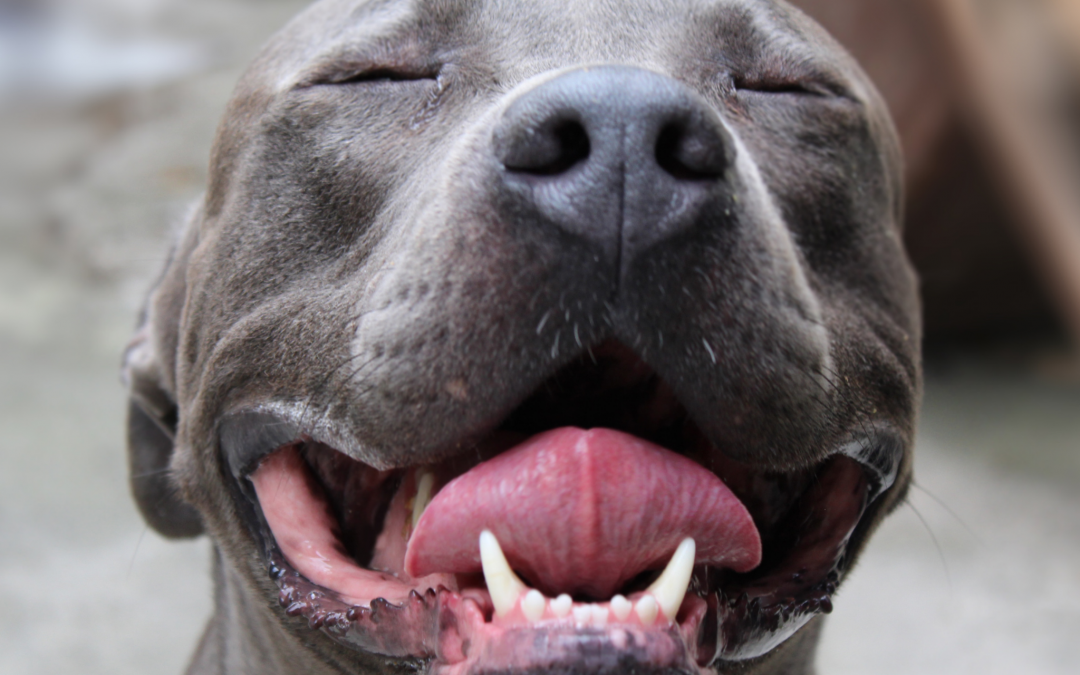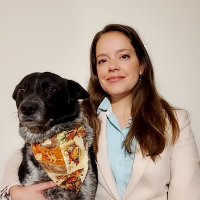From the desk of the Executive Director, Emily Stuart
This week, Senate Bill 1672 was introduced in the Illinois legislature, aimed at stopping insurance companies from using a dog’s breed or appearance to deny, refuse to renew, or charge higher premiums for insurance. The range of pets targeted in existing insurance company standards includes Great Danes, American Staffordshire terriers, Doberman pinschers, Rottweilers, huskies, and malamutes, plus any dog believed to be mixed with any of these breeds. The continued demonization of these breeds is not rooted in evidence of increased viciousness or aggression, as demonstrated repeatedly through research and studies by the National Canine Research Council, Centers for Disease Control, and the American Bar Association. (Best Friends, Ending Breed Discrimination). The pervasive maligning of specific breeds has so permeated popular culture that it is nearly impossible to mention a “pitbull” without eliciting a reaction of fear.
Who are we really scared of? When author Bronwen Dickey was researching for her novel Pit Bull: The Battle over an American Icon, she found that people often used dogs as proxies for describing their respective owners, using racialized language when discussing the breeds listed above. Journalist Brooke Binkowski describes an uneasy correlation between regions that enact breed-specific legislation and those that have experienced significant demographic changes over a short time. The racist dog whistle of breed-specific bans seamlessly links images of menacing dogs with the worst stereotypes of Black and Brown people.
In the last month alone, many of the breed-banning municipal policies enacted decades ago have been repealed- including such places as Shrewsbury, MO and Aurora, CO. This, coupled with proactive legislation like SB1672, will help shape our communities in the years to come. That said, repeal without reconciliation will not repair the human trauma of breed bans. I have often heard breed specific discrimination labeled as “arbirtrary”- seemingly without reason or system. If used as an indicator of danger, these breeds are seemingly random. As a proxy for race, these breeds are strategically selected, without any ambiguity, as a means to segregate and police communities of color. As we fight to repeal breed bans, we must acknowledge and name the racist subtext of these policies. As we propose ameliorative legislation, we cannot shy away from saying the word “racist” out loud. This is the only way forward for pets and humans alike to heal.
Please contact Emily Stuart | emily@gatewaypets.org


